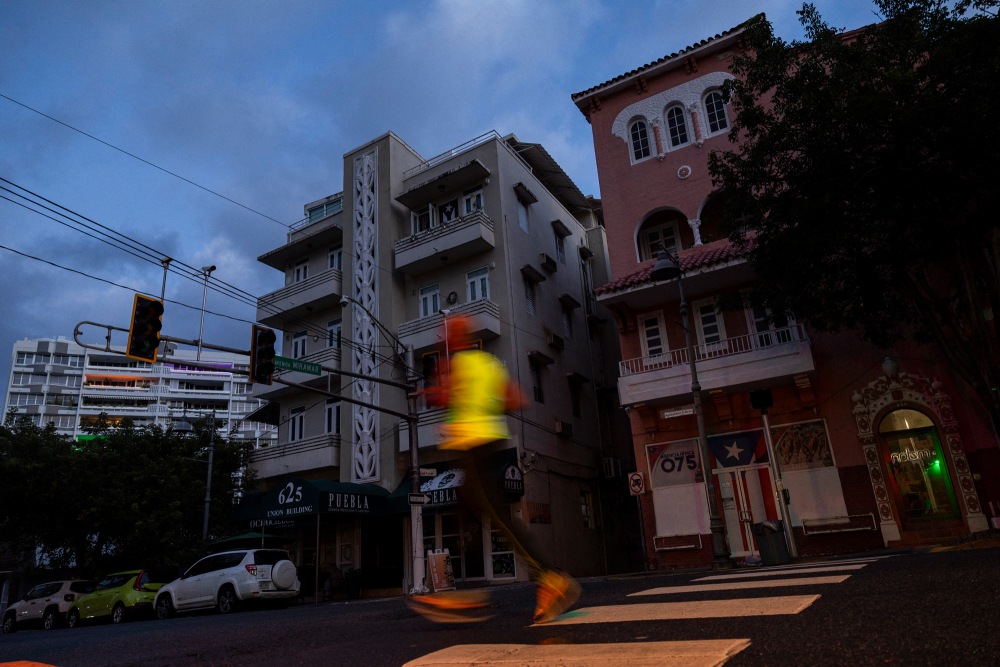 When the U.S. Environmental Protection Agency declared that a group of Texas homes near a gas-drilling operation didn’t have dangerous levels of methane in their water, it relied on tests conducted by the driller itself.
When the U.S. Environmental Protection Agency declared that a group of Texas homes near a gas-drilling operation didn’t have dangerous levels of methane in their water, it relied on tests conducted by the driller itself.
Now, independent tests from Duke University researchers have found combustible levels of methane in some of the wells, and homeowners want the EPA to re-open the case.
The previously undisclosed Duke testing illustrate the complaints of critics who say the agency is reluctant to sanction a booming industry that has pushed down energy prices for consumers, created thousands of jobs and buoyed the economy.
“I don’t understand why they would let the company that was accused of doing the wrongdoing conduct the tests,” said Shelly Perdue, who lives near the two wells in Weatherford, 60 miles (97 kilometers) west of Dallas. “It doesn’t make sense.”
The driller, Range Resources Corp. (RRC), denies that its drilling in the area is the source of any contamination and says its testing was conducted by an independent laboratory.
“Range used state and federally approved testing methodologies that are internationally recognized and those results have found historically consistent water quality,” Matt Pitzarella, a spokesman for the Fort Worth, Texas-based company, said in an e-mail. “Range’s operations did not cause or contribute to the long-standing and well-documented matter of naturally occurring methane.





 As parts of the central U.S. recover from a deadly outbreak of severe weather, a line...
As parts of the central U.S. recover from a deadly outbreak of severe weather, a line... The island of Puerto Rico is suffering another island-wide power outage, just months after a dayslong...
The island of Puerto Rico is suffering another island-wide power outage, just months after a dayslong... Letters went out to hundreds of workers at the National Oceanic and Atmospheric Administration (Noaa) on...
Letters went out to hundreds of workers at the National Oceanic and Atmospheric Administration (Noaa) on...






























